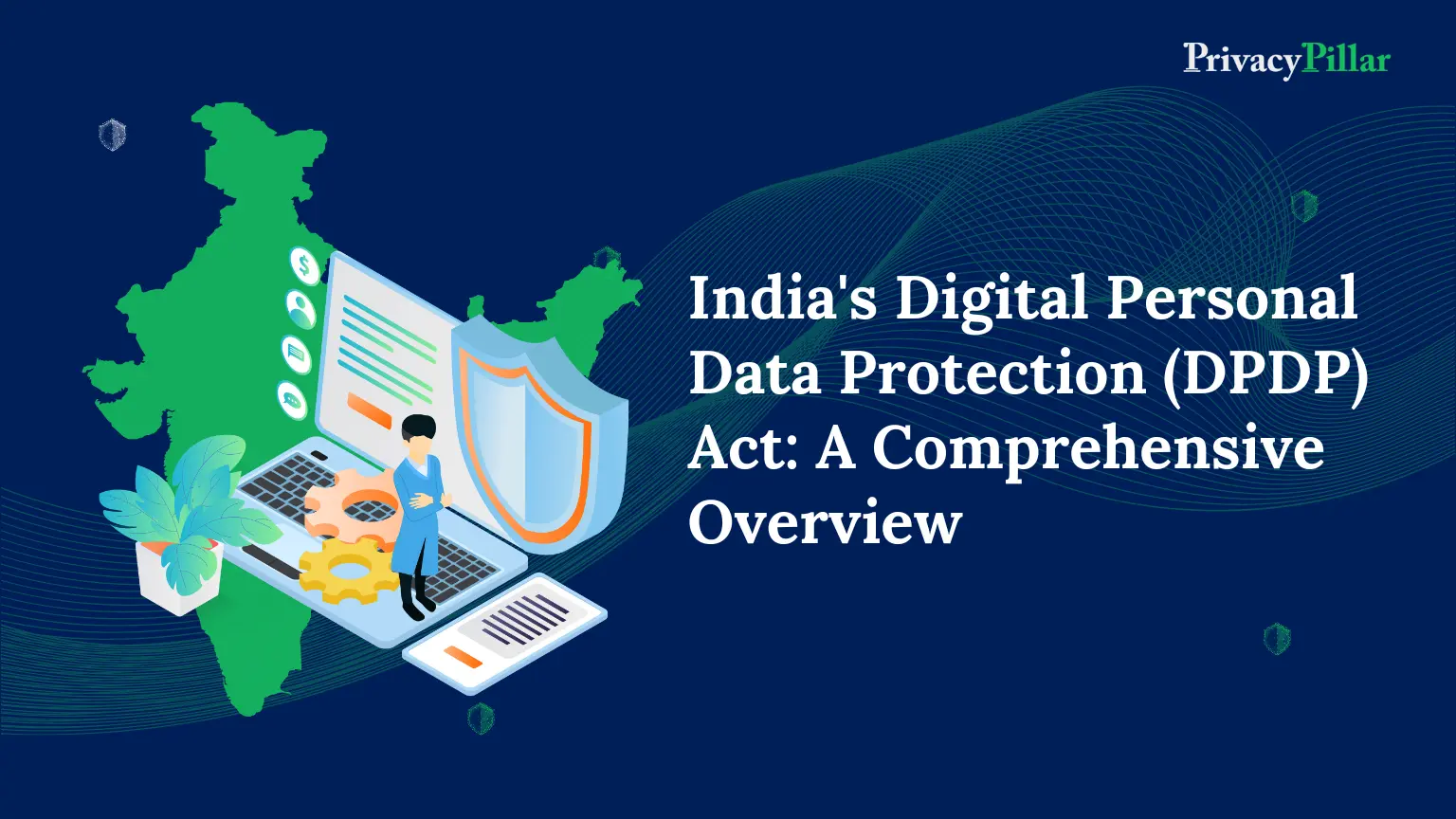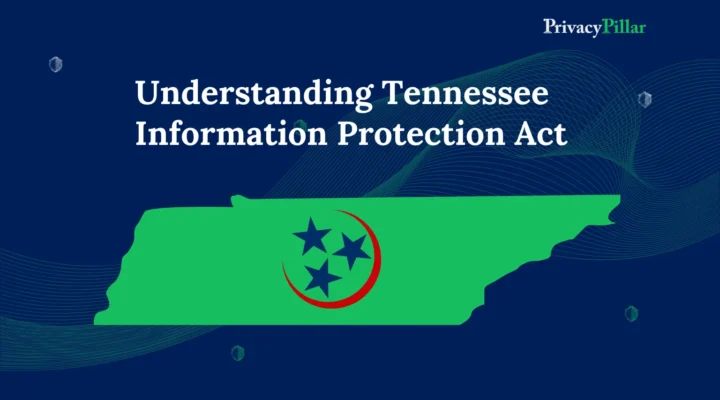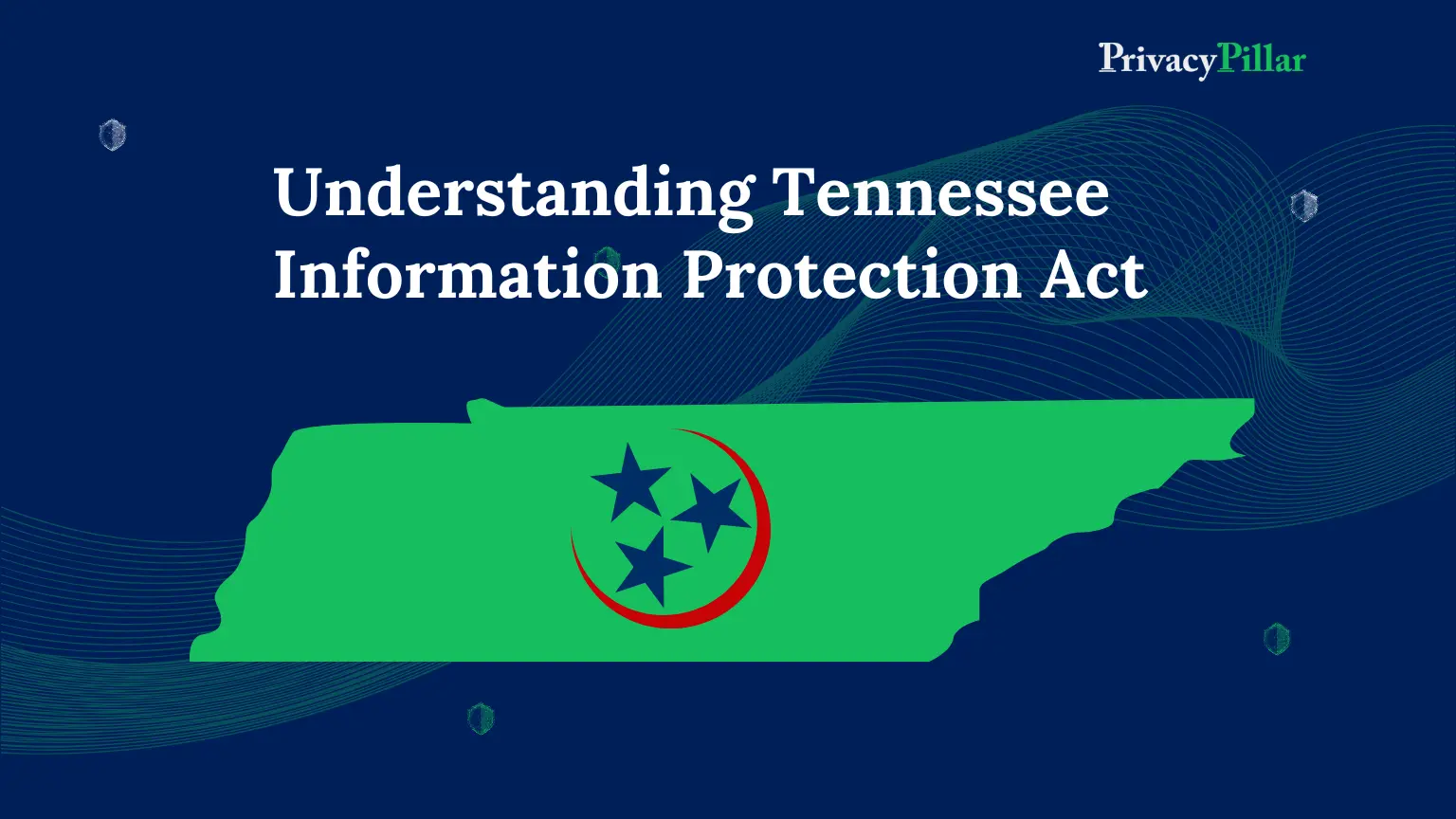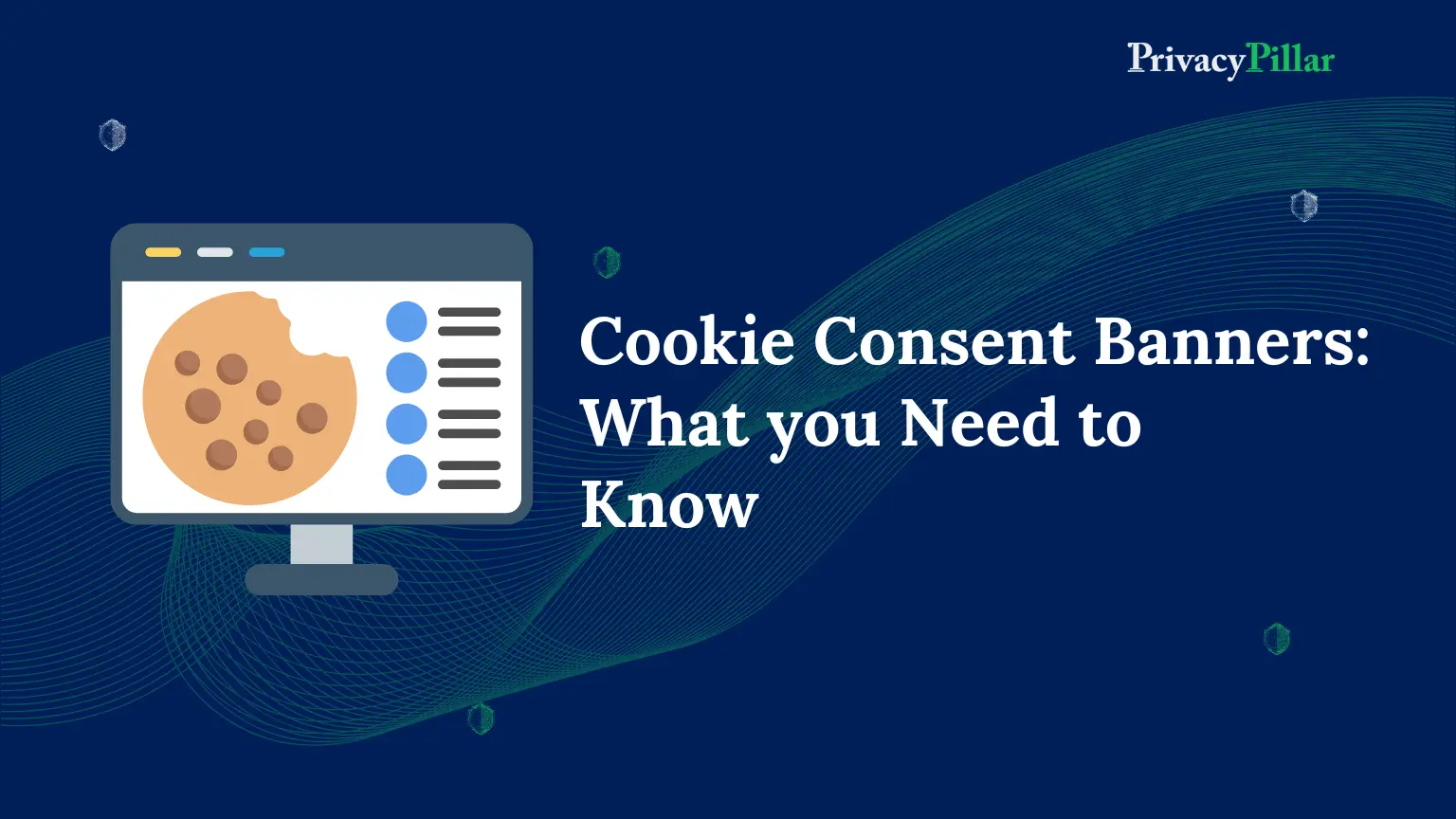
India’s Digital Personal Data Protection Act (DPDP Act): A Comprehensive Overview
The Digital Personal Data Protection Act (DPDP Act), enacted in 2023, is a significant step towards data privacy regulation. Inspired by global standards such as the General Data Protection Regulation (GDPR) in Europe and the California Consumer Privacy Act (CCPA), the DPDP Act in India is designed to protect personal data, empower individuals with greater control over their information, and establish a clear regulatory framework for data processing activities.
Purpose and Scope of the Digital Personal Data Protection Act (DPDP Act)
The DPDP Act aims to protect personal data and ensure that data processing practices are fair, transparent, and accountable. It applies to all organizations that process personal data in India irrespective of where they are found as long as the data is about individuals in India. This means whether a company is based in India or internationally if it deals with the personal data of Indian individuals, it must follow the provisions of the DPDP Act.
Key Definitions
- Personal Data: Any information that relates to an identified or identifiable individual, including but not limited to name, contact details, and identification numbers.
- Data Processing: Any operation or set of operations performed on personal data, such as collection, storage, use, and deletion.
- Data Principal: The individual to whom the personal data pertains.
- Data Fiduciary: The entity that decides the purpose and means of processing personal data.
- Data Processor: The entity that processes personal data on behalf of the data fiduciary.
- Consent Manager: A Consent Manager is a person registered with the Board. They function as a single point of contact to help a Data Principal give, manage, review, and withdraw their consent. This is done through an easy-to-use, transparent, and interoperable platform.
Key Provisions of the DPDP Act
The DPDP Act has several provisions to enhance data protection and privacy:
Grounds for Processing Personal Data
Consent
The basis of the DPDP Act is the requirement for explicit consent from data principals before processing their personal data. The Act mandates that:
- Consent must be free, specific, informed, clear, and involve a positive action by the Data Principal. It must only cover the necessary personal data for the specified purpose.
- If any part of the consent violates the law, then the consent is invalid.
- Consent requests must be easy to understand, offered in English or another official language, and include contact details of the Data Protection Officer or relevant person.
- The Data Principal can withdraw consent at any time, and it must be as easy to do so as giving consent. Upon consent withdrawal, the Data Fiduciary must stop processing the data unless allowed by law.
- The Data Principal can manage, review, or withdraw consent through a Consent Manager, who is accountable to the Data Principal.
Legitimate Uses
A Data Fiduciary can process personal data for the following legitimate uses:
- Specified Purpose: When the Data Principal voluntarily provides personal data for a specific purpose and has not withdrawn consent.
- Government Services: For the State to provide subsidies, benefits, services, certificates, licenses, or permits, if the Data Principal has consented or if the data is already available in a government database.
- Government Functions: To perform any function under the law or in the interest of India’s sovereignty, security, or integrity.
- Legal Obligations: To fulfill any legal obligation to disclose information to the government in accordance with other laws.
- Court Orders: To follow any legal judgments, decrees, or orders in India or relating to claims outside India.
- Medical Emergencies: To respond to immediate threats to the life or health of the Data Principal or others.
- Public Health: To provide medical treatment or health services during epidemics or other public health threats.
- Disaster Response: To ensure safety or provide assistance during disasters or public order breakdowns.
- Employment-Related: For employment purposes or to protect the employer from losses or liabilities, including preventing corporate espionage, safeguarding trade secrets, or providing employee benefits.
Data Principal Rights
The DPDP Act grants several rights to data principals, empowering them to control their personal data:
- Right to Correct, Complete, Update, and Erase Personal Data: The Data Principal can request correction, completion, updating, or deletion of their personal data for which they have previously given consent.
- Right to Grievance Redressal: The Data Principal must have access to grievance redressal mechanisms provided by the Data Fiduciary or Consent Manager, their rights or data obligations are not respected.
- Right to Nominate a Representative: The Data Principal can nominate another person to exercise their rights in case of death or incapacity due to unsoundness of mind or infirmity of body.
Duties of Data Principles
A Data Principal (individual whose data is being collected) must:
- Follow all applicable laws while using their rights under this Act.
- Not pretending to be someone else when providing personal data.
- Avoid hiding essential information when submitting personal data for documents, IDs, or proof of identity/address issued by the government.
- Avoid filing false or trivial complaints with a Data Fiduciary (the entity collecting data) or the Board.
- Provide only right and verifiable information when requesting corrections or deletion of their personal data.
Data Fiduciary Obligations
Data fiduciaries have several responsibilities under the DPDP Act:
- The Data Fiduciary must comply with this Act, regardless of agreements or the Data Principal’s actions. This includes processing by any Data Processor on its behalf.
- A Data Fiduciary can engage a Data Processor for processing personal data under a valid contract.
- When personal data is used to make decisions affecting the Data Principal or shared with another Data Fiduciary, it must be accurate, complete, and consistent.
- The Data Fiduciary must implement proper technical and organizational safeguards to comply with the law.
- Reasonable security measures must be taken to prevent personal data breaches.
- In case of a data breach, the Data Fiduciary must inform the regulatory Board and affected Data Principals.
- The Data Fiduciary must publish contact details of a Data Protection Officer or another representative for answering Data Principal inquiries.
Data Protection Board
The Data Protection Act creates a Data Protection Board that enforces compliance, manages complaints, and supervises data processing activities. The Board has the authority to:
- Direct urgent actions and investigate personal data breaches.
- Impose penalties for breaches and non-compliance.
- Investigate complaints from Data Principals about data breaches or Data Fiduciary non-compliance.
- Investigate breaches of registration conditions for Consent Managers and impose penalties.
- Issue directions to ensure compliance.
- Modify, suspend, withdraw, or cancel its directions based on representations or Central Government references, and impose conditions, as necessary.
Impact on Businesses
The DPDP Act has significant implications for businesses operating in India. Understanding and adapting to these requirements is crucial for compliance and operational success.
What are the Compliance Challenges?
Businesses must manage several compliance challenges under the DPDP Act:
- Consent Management: Implementing effective systems to obtain and manage consent from data principals.
- Data Protection Measures: Adopting strong data protection practices and conducting DPIAs.
- Rights of Data Principal: Setting up processes to manage data principal rights requests, such as access and deletion requests.
- Regulatory Reporting: Ensuring prompt and accurate reporting of data breaches to the DPA.
Benefits of Compliance
While compliance presents challenges, it also offers several benefits:
- Enhanced Trust: By adhering to the DPDP Act, businesses can build trust with customers by demonstrating a commitment to data privacy and security.
- Reduced Risk: Compliance helps in reducing the risk of legal and financial penalties associated with non-compliance.
- Operational Efficiency: Implementing data protection measures can lead to more efficient data management and improved business processes.
Implementing Privacy Solutions
To effectively comply with the DPDP Act, businesses can leverage various privacy solutions:
- Consent Management Platforms (CMPs): Tools that ease the collection, management, and tracking of user consent, ensuring compliance with consent requirements.
- Automated Data Subject Access Request (DSAR) Solutions: Systems that automate the processing of data subject requests, making it easier to manage access, correction, and deletion requests.
- Cookie Consent Management: Solutions that manage cookie consent and ensure transparency in data collection practices.
Best Practices for Compliance
Businesses can follow these best practices to ensure compliance with the DPDP Act:
Develop a Data Privacy Strategy
Create a comprehensive data privacy strategy that outlines how your organization will meet the requirements of the DPDP Act. This strategy should include policies and procedures for data collection, processing, storage, and deletion.
Train Employees
Provide regular training to employees on data protection principles and the requirements of the DPDP Act. Ensure that your staff members understand their roles and responsibilities in maintaining data privacy.
Conduct Regular Audits
Perform regular audits to assess compliance with the DPDP Act and identify areas for improvement. Audits can help in detecting potential issues and ensure that your data protection measures are effective.



